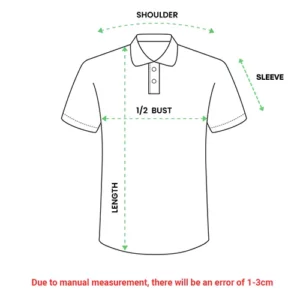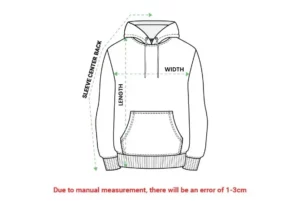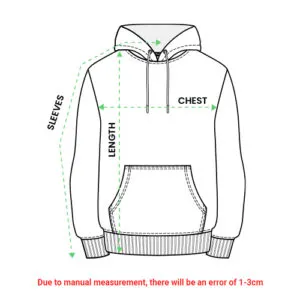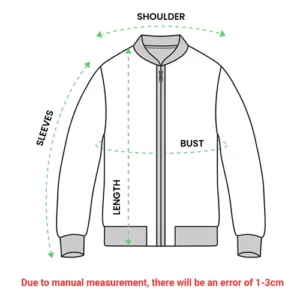Baldr, the god of light and the sun, was beloved by all. His warm smile was likened to the comforting light of summer, but now Baldr is gone and the brightness and warmth of the world has given way to frost and chill. Winter is coming, and the gods must enter their slumber. Only Heimdall, the watchman of the gods, stands vigilant, gazing into the future. He senses the dark days approaching, the end of the world and the death of the gods. Yet he can only prepare to face what has been foretold, not prevent it.
This is no ordinary winter. The Fimbulwinter, the great winter, drags on endlessly, with no sign of spring. Famine grips the world, as people can no longer farm or herd animals. Endless battles break out as they fight for the last scraps of food, with family members killing each other for mere sustenance. Humanity has devolved into a pack of ravenous beasts. Wherever people live, their homes are destroyed, reduced to ashes in an instant.
As the world is plunged into darkness, both the sun and moon disappear, as if swallowed by monstrous wolves. The world is cast into eternal night and bitter cold – the harshest winter it has ever known. But this is only the beginning.
The Legions of Loki
With the loss of the celestial lights, the earth is wracked by massive earthquakes, shattering mountains and toppling all structures. From this chaos, Fenrir, the monstrous wolf and one of Loki’s children, breaks free of his bonds. Nothing can escape his ravenous jaws, as he leaves a trail of destruction in his wake.
Jörmungandr, the Midgard Serpent and another of Loki’s offspring, also stirs, sending massive tidal waves crashing onto land and polluting the seas with its toxic venom.
Meanwhile, the armies of the fire giants of Muspelheim, led by the flaming giant Surtr, tear open the sky. Surtr’s blazing sword, so bright it is blinding, demolishes the rainbow bridge Bifrost that connects Asgard to Midgard. The vibrant colors fade to gray ash.
Freed by the earthquakes, Loki steps forth to prepare for the final battle against the gods. He commands the Naglfar, a vast ship of the dead made from the toenails of corpses, with the jötunn (giant) Hrym as its captain, along with the surviving frost giants. Loki also summons the army of the dead from Hel, his own daughter. This fearsome host marches to the battlefield of Vigrid, the site of the ultimate confrontation.
The Death of the Gods

Heimdall immediately blows the Gjallarhorn, the great horn entrusted to him by Odin, signaling the arrival of Ragnarok. The gods awake and gather under the world tree Yggdrasil. Odin seeks the wisdom of Mimir’s severed head, hoping for counsel and divine aid to face the encroaching darkness.
Joining the Aesir gods are the Einherjar, the heroic warriors who died in glory and now reside in Valhalla, eager to fight by their father-god’s side once more. Together, they march to the field of Vigrid.
Odin leads the charge, his spear Gungnir aimed at the monstrous wolf Fenrir. Thor stands beside him, Mjolnir in hand, ready to face the Midgard Serpent Jörmungandr. Frey confronts the fire giant Surtr, their blazing swords clashing, but the Aesir warrior is outmatched.
As the battle rages, Tyr, the god of war, fights the hound Garm, Fenrir’s lesser but still deadly sibling. Though Tyr defeats the beast, he is mortally wounded, his severed arm clamped in Garm’s jaws.
Thor wins his battle against Jörmungandr, but the serpent’s venomous blood proves his undoing, and the thunder god succumbs to the poison.
Odin himself faces Fenrir, driving his spear Gungnir into the wolf’s mouth. But Fenrir has grown to a monstrous size, and with a single snap of his jaws, the All-Father is consumed.
Vidar, Odin’s son, witnesses his father’s death and rushes to avenge him. Using a specially crafted boot made from the scraps of shoes discarded by humans, Vidar is able to pin down Fenrir’s lower jaw, then rips the beast’s mouth apart, killing it.
In the end, only Loki and Heimdall remain, locked in their final, fateful battle. Loki, his eyes wild with bloodlust, taunts the watchman, recounting his own torment and the destruction he has wrought. But Heimdall, ever the stoic guardian, sees beyond the carnage, sensing the seeds of renewal even as the world burns.
“The fire of Surtr cannot touch Yggdrasil,” Heimdall declares, “and two have found refuge in its branches. They are Life and Life’s Yearning. Their descendants will bring humanity back to the world, and this is not the true end, but the close of one era and the dawn of a new one. Death is ever paired with rebirth.”
Loki, his final defiant words silenced by the approach of death, lies cold beside Heimdall on the frozen battlefield. Surtr, the fire giant, raises his blazing sword to the heavens, and all is consumed in the inferno – the seas boiling away, the land reduced to ash. This is the final fate of the gods.
A New Age Begins
But every ending is merely the start of a new journey. From the gray, ashen sea, the green earth will return, and a daughter of the sun will rise, shining brighter than before. The man and woman, Life and Life’s Yearning, will be nourished by the land, and they will love and restore humanity.
Asgard may be no more, but Idavoll will be the new home of the Aesir gods. Vidar and Vali, Odin’s sons, are the first to set foot there, followed by Modi and Magni, Thor’s boys, who reverently carry Mjolnir. Baldr, returned from the dead, joins them, and the six gods sit together, watching the new sun rise and sharing stories, wondering if things could have unfolded differently.
As they speak, they see something glimmering in the dust – the game pieces of the gods, the talismans representing each deity. Baldr recognizes them from the games they once played together. The gods lovingly arrange the pieces, Baldr making the first move, and a new eternal game begins, a cycle of death and rebirth stretching on forever.






